9, December 2021
Southern Cameroons Crisis: What is the rationale behind the burning of homes? 0
For some time now, there has been a de-escalation in the military violence playing out in the two English-speaking regions of the country where tens of thousands have been killed and hundreds of thousands displaced.
Many political analysts thought the government had understood that its collective punitive expedition was counter-productive and images emerging from some towns and villages in the conflict areas where government forces were working with the civilian population gave the impression that the government had understood that it could win this war more by wining hearts and minds than by counting on its questionable military might.
But yesterday’s images of soldiers burning down entire neighborhoods in the Northwest regional headquarters of Bamenda clearly revealed that government forces were walking back to their old bad ways. Old habits die hard, and the government’s demons are clearly rearing their ugly heads.
For close to five years, army soldiers have been burning homes in the two English-speaking regions in the hope that the population will submit, but this old and ineffective strategy is not delivering the desired results. Southern Cameroonians are determined to get this problem addressed once and for all and throwing in the towel is not an option.
As many people get robbed of their dignity and means of livelihood by the brutal military through such devilish ways, so too do these civilians look for ways to get their ‘pound of flesh’ and there is no better way than joining the ranks of the separatists who are only too willing to see their ranks swell.
The burning of homes did work in the early 1960s when the government of Amadou Ahidjo, the country’s first president, was facing a guerrilla warfare against a movement which was fighting the French-imposed government in East Cameroon (French-speaking Cameroon), but that strategy is, without a doubt, the least effective in modern times.
A lot has changed after more than six decades. Today’s fighters have more means than anybody would have imagined in the 1960s. There are millions of Southern Cameroonians living out of the country because of marginalization and poor governance and this huge Diaspora will continue to support the struggle until the Yaounde regime agrees to come to the negotiating table.
Burning homes and gunning down innocent civilians will only breed bitterness and this will lead to revenge and further killings. Within the Southern Cameroonian community out of the country, it is held that those burning homes and roasting people alive are young boys from the Center and South regions of the country whence the president hails, and this does not augur well for those who hail from these two regions, especially as the country’s president is on life support and his regime is steadfastly heading to a chaotic end.
There is revenge in the air. Southern Cameroonians will want to make the Betis, people from the dying president’s ethnic group, feel the pain they have gone through for decades. There are also the northerners who are hellbent on teaching the Betis the learns they learned shortly after the April 6, 1984 Coup d’Etat in Cameroon. More than a thousand northerners were summarily executed, and this unfortunate situation has left many northerners very bitter.
The government needs to ask itself if there is really any wisdom in the way it has conducted its crackdown against the country’s English-speaking minority. More than ten thousand lives have been lost in a war that could been avoided if a more diplomatic approach had been adopted.
The military, for its part, has also lost more than 4,000 soldiers in a senseless war and the burning of homes will only cause separatist fighters to continue killing soldiers. And most of those being killed are young men from the South region who have been deceived into thinking that power belongs to them, and that Southern Cameroonians want to claim what rightfully belongs to the Betis.
Power will always come and go, but human life is irreplaceable. Destroying property and other assets will not deliver the results expected. The only way is to get to the bottom of things and deal with the root cause of the dispute. There is simply no wisdom behind the burning of homes. Dialogue and negotiations will surely deliver better results and lasting peace.
By Soter Tarh Agbaw-Ebai

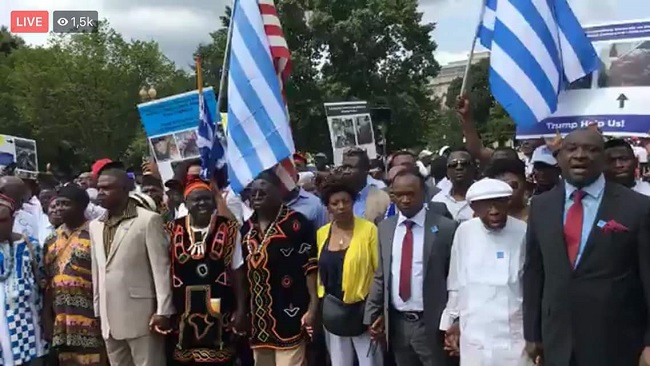
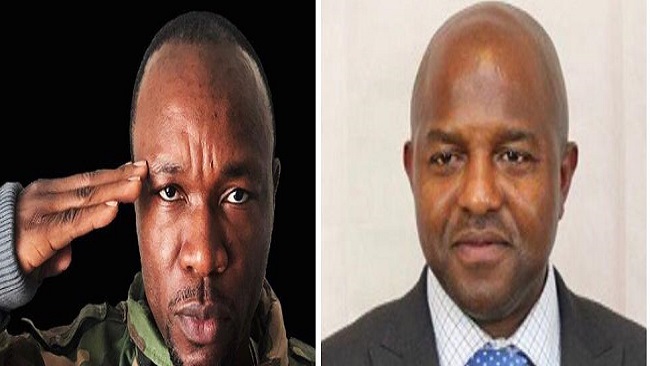

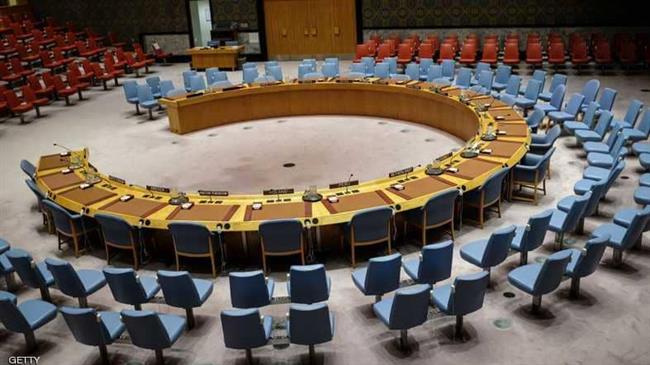
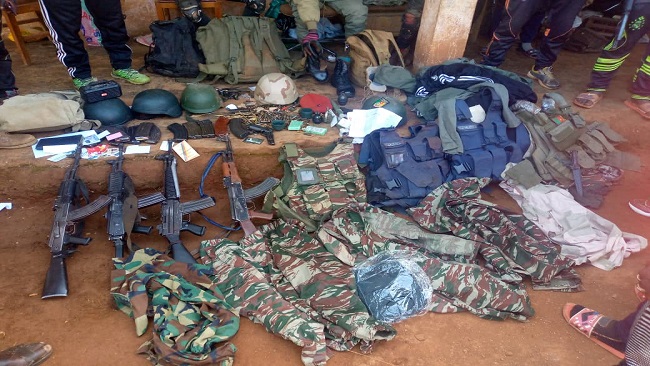

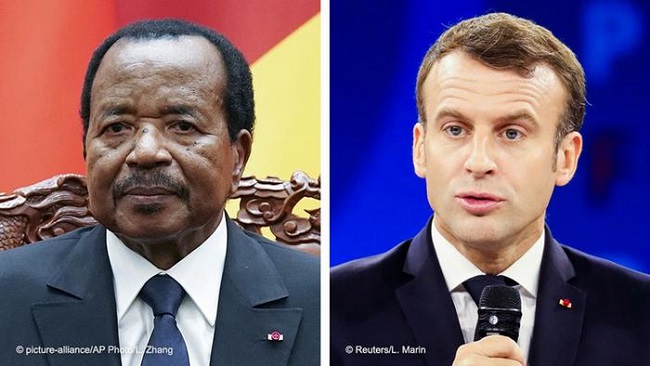
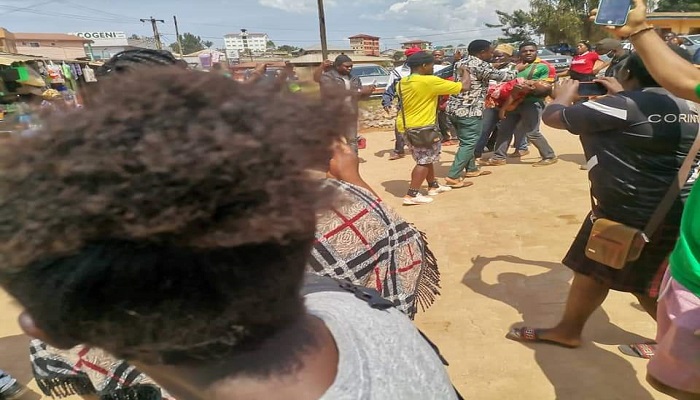












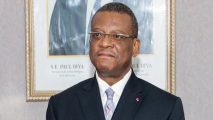

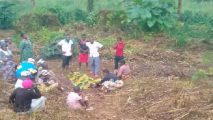
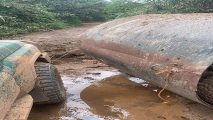
18, December 2021
An Open Letter to Mr. Samuel Eto’o, the FECAFOOT President 0
Dear Mr. Samuel Eto’o,
I am writing this letter to you as a concerned citizen of Cameroon and as a Cameroonian who has been looking forward to the day our country’s football will be given a shot in the arm.
Like most Cameroonians, I was happy to see you win the elections, even when many held that you could not win. It has always been my wish to see someone driven by a strong passion for transparency and football development lead FECAFOOT.
As we all know, our country has many issues in that regard, and we all feel humiliated when our national team does not perform very well. For more than twenty-five years, our national team’s performance has been anything but spectacular. Internal fighting, of which you have been a part, failure to pay player allowances on time, and lack of insurance policies to protect players have made it hard for some of our most talented players, especially those playing abroad, to be fully committed to our national team.
Like most Cameroonians, I have been more than disappointed to see that Cameroon no longer has a good championship, whereas in the 70s and 80s, our second division clubs could produce formidable players for the national team.
Moreover, we have noticed that some of our former players have died in circumstances that have left many Cameroonians bitter and disappointed. No Cameroonian should die in frustration after having served his country, sometimes in the most challenging circumstances. A good health insurance policy could have saved some lives and such actions will only instill more patriotism in our young men and women who find pride in serving their country.
These are some of the issues you will have to deal with as you assume the mantle of leadership of our beloved FECAFOOT. You know the issues, and you have the name recognition that can help the country, especially our children, to dream big. You have been a successful player and you have always held Roger Milla as your idol. Many young Cameroonians also see you as their idol because of your success on the pitch.
But this time around, their faith in you is about something else. They see you as that man who can help them incarnate their dreams. They just want to play football and make us, the ordinary citizens, proud of them just as we have been proud of you when you brought those trophies to our beloved country.
Your time at FECAFOOT should be the most memorable. This is the first time a global football icon like you is leading FECAFOOT. I have seen videos of young Cameroonians pouring onto the streets to celebrate you.
This should inform you that you have a huge burden on you. To whom more love is showered, more is expected! Cameroonians love you. They admire you. They want you to remain the icon they have known for years.
But for you to continue earning their respect, you must deliver on your mandate at FECAFOOT. You must come up with mechanisms that will take care of our former players. You must work with your team to end the humiliation that the national team has been inflicting on Cameroonians.
There must be a mechanism in place to settle players before they head into battle. There are many Cameroonians who are experienced in that regard. Do not hesitate to seek advice from other professionals. Listening to others is the hallmark of a good leader.
Know when to make compromises and never hesitate to incorporate other people’s ideas into your initial plan, especially if those ideas are better than the ones you have. It never hurts to listen! Our national pride has been hurt because of the fighting and corruption at FECAFOOT and those who trust you, think you can help to change things for the better.
You now have a crown of thorns on your head, but that crown will be easy to wear if you adopt a collegiate approach to management which should be spiced with selflessness and humility.
I do not master all the rules establishing the Cameroon football federation, but from my perspective, FECAFOOT can invest in other income-generating activities in order to address some of those issues that have undermined the federation’s efforts to deliver meaningful results.
I would like to let you know that I have been keeping an eye on all your activities and I will praise you when you deserve my praises and criticize you when you fail to live up to the glorious expectations of our youths.
I have seen you sharing the same meal with your staff, and it has been widely reported that you are working hard to cut down on cost at the federation and the reduction of breakfast expenses is one of those measures you have taken. I pray this becomes the official policy of the federation and this policy should be extended to other domains.
Saving money is not a bad idea. However, I would like to draw your attention to what I think are some of the errors you have made since you taking office. The long road trip to Sangmelima was one great initiative. It helped you to see things for yourself and to reconnect with youths in that region of the country. However, the long convoy that accompanied you does not speak well of you given that you are also on a cost-cutting mission.
The many cars you used consumed lots of gasoline. The many drivers and officials earned per diem. The wear and tear put on those cars is a huge financial burden on a cash-strapped federation. Your convoy made you look more like a rock star than a man who is on a cost-cutting mission. If I were you, I would reflect on that.
Second, you locking out your collaborators because they were late for work was not the best decision you could have taken at that time. You should have given yourself sometime to observe and hold a meeting with departmental heads for them to cascade your concerns to their staff.
That would have projected you as a democratic leader. Locking people out of work is a clear sign of dictatorship and it does not speak well of you. I know you want to instill discipline in FECAFOOT but you need to take a look at some of your ways if you want to continue earning the respect of most Cameroonians who expect a lot from you.
Regarding corruption at FECAFOOT, be advised that you cannot fight it by talking about it. FECAFOOT must deploy the right state-of-the-art soft that will help to reduce the spread of this cancer within the institution. The world is full of software that can help you achieve this goal. Share notes with leaders of other federations and they will give you ideas that have helped them make giant steps forward in that regard. If you continue talking about it, it will seem as if you are targeting individuals and your opponents will accuse you of orchestrating a witch-hunt. Act more and talk less. Once the systems are in place, you will have a good night’s sleep.
Let me end here for now. You will always hear from me. I am driven by a passion to see you succeed. Our children and young men are looking up to you. You cannot afford to disappoint them. They deserve to be happy like you have been. Have a great day!
Sincerely,
Joachim Arrey, Ph.D.
About the Author: He is a keen observer of the Cameroon political landscape. He is driven by a strong passion for football, and he is committed to ensuring that Cameroon’s youths get a better life than the one their parents have. He is a language expert and provides language services to multiple international organizations. He could be reached at: arreyjoachim@hotmail.com.